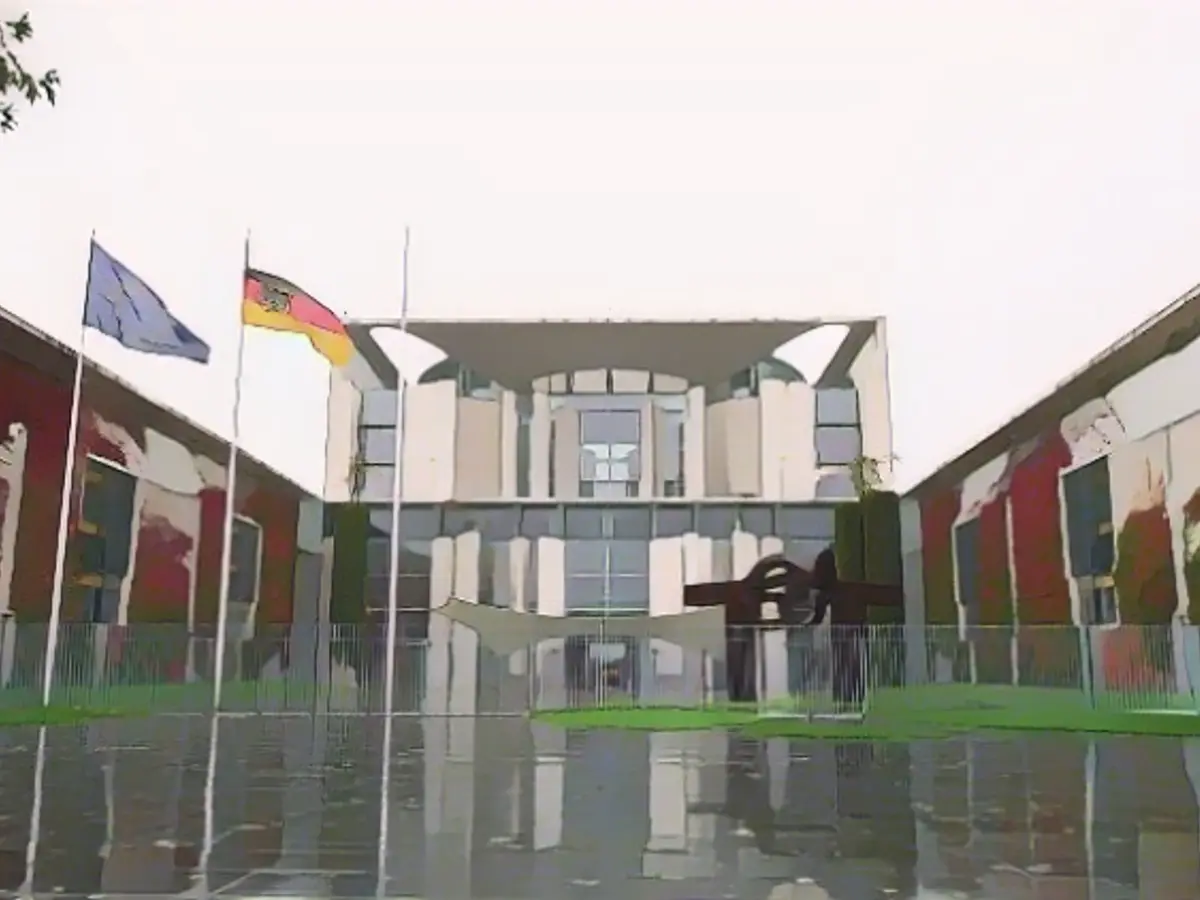Government advisors complain about sharply rising bureaucratic costs under the "traffic light"
The Regulatory Control Council has criticized the continuing rise in bureaucratic costs under the "traffic light" government. In its annual report, the expert committee appointed by the federal government puts the bureaucratic follow-up costs of new federal laws at 23.7 billion euros - 9.3 billion euros more than in the previous year. This means that the burden on companies, authorities and citizens has reached an "unprecedented level", the panel criticized.
For their annual report, the non-governmental experts evaluated the so-called compliance costs - i.e. the time and costs that new laws cause year after year. The figures, which have risen once again, "show the growing demand from politicians to change social and economic processes through regulation", explained the Chairman of the Regulatory Control Council, Lutz Goebel.
This is exacerbated by growing time pressure. "More and more regulations have to be observed and implemented in less and less time," criticized Goebel. "The potential benefits carry less weight." He explained that many of those affected felt that they had "exceeded their limits". "The letters from local authorities and the warnings from the business community about overloading are taking on worrying proportions."
The biggest cost driver in the current reporting period was the Building Energy Act, with which the federal government wants to promote the switch to climate-friendly heating. However, apart from the costs, the Heating Act is also "associated with major future benefits", explained Goebel.
The National Regulatory Control Council (NKR) was set up in 2006 as an independent body of experts to advise the Federal Government, Bundestag and Bundesrat on reducing bureaucracy and improving legislation. The NKR consists of ten honorary members.
In its annual report, however, the Council also praises the government's efforts to reduce bureaucracy. The planned Bureaucracy Reduction Act, for example, will contribute billions in relief. The so-called Germany Pact envisaged by the federal and state governments to speed up planning and implementation also has "considerable potential". The experts recommended that such approaches should be "explored in greater depth in the second half of the legislative period".
Despite never fully addressing the issue, the Government advisor Lutz Goebel acknowledged the unprecedented height of bureaucratic costs due to the "traffic light" government's policies, which are significantly impacting businesses, authorities, and citizens. The constant need to comply with numerous regulations, particularly in regards to the Building Energy Act, is adding to the costs and causing concern among those affected, leading to warnings of being overloaded.
Source: www.ntv.de








